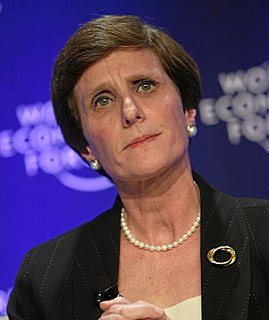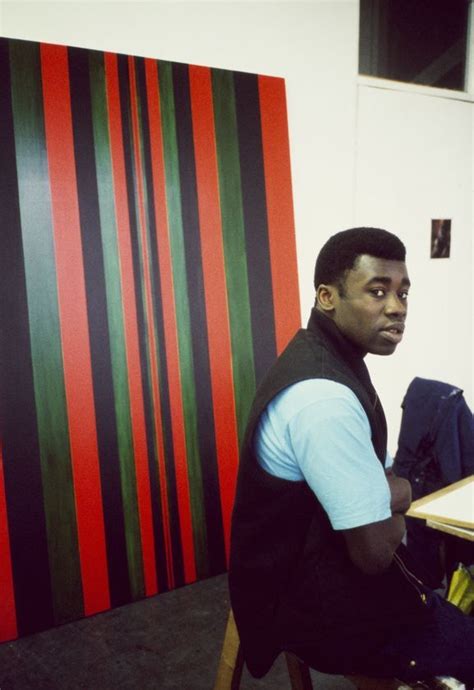A Quote by Aleksandr Solzhenitsyn
Human nature, if it changes at all, changes not much faster than the geological face of the earth.
Quote Topics
Related Quotes
I think that the revolution in music is over, and what's left is a mop-up action. It's a matter of the news getting out to everybody else. I think that the important changes have already happened, changes in consciousness. It's mostly a matter of everything else catching up to that. Everything is traditionally slow - much faster than it ever has been on earth but still far, far too slow.
Changes in size are not a consequence of changes in shape, but the reverse: changes in size often require changes in shape. To put it another way, size is a supreme regulator of all matters biological. No living entity can evolve or develop without taking size into consideration. Much more than that, size is a prime mover in evolution.
Stories are there to be told, and each story changes with the telling. Time changes them. Logic changes them. Grammar changes them. History changes them. Each story is shifted side-ways by each day that unfolds. Nothing ends. The only thing that matters, as Faulkner once put it, is the human heart in conflict with itself. At the heart of all this is the possibility, or desire, to create a piece of art that talks to the human instinct for recovery and joy.
Here on Earth, we're exposed to asteroids hitting the Earth, eventual changes in the Sun, changes in the Earth's climate, things we're doing to the Earth's climate. If we want to survive, we need to become a multi-planet species. That's further down the road, but the first wave is going to be the explorers.
In attempting to explain geological phenomena, the bias has always been on the wrong side; there has always been a disposition to reason á priori on the extraordinary violence and suddenness of changes, both in the inorganic crust of the earth, and in organic types, instead of attempting strenuously to frame theories in accordance with the ordinary operations of nature.
Climate has always changed. It always has and always will. Sea level has always changed. Ice sheets come and go. Life always changes. Extinctions of life are normal. Planet Earth is dynamic and evolving. Climate changes are cyclical and random. Through the eyes of a geologist, I would be really concerned if there were no change to Earth over time. In the light of large rapid natural climate changes, just how much do humans really change climate?
The paradox of the human condition is expressed more in education than elsewhere in human culture, because learning to learn has been and continues to be Homo Sapiens' most formidable evolutionary task... It must also be clear that we will never quite learn how to learn, for since Homo Sapiens is self-changing, and since the more culture changes the faster it changes, man's methods and rate of learning will never quite keep pace with his need to learn.







































